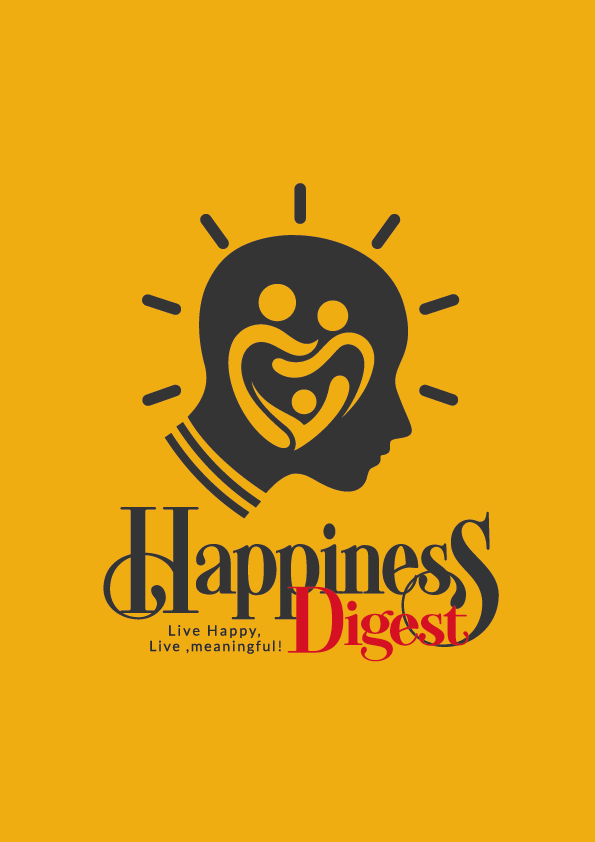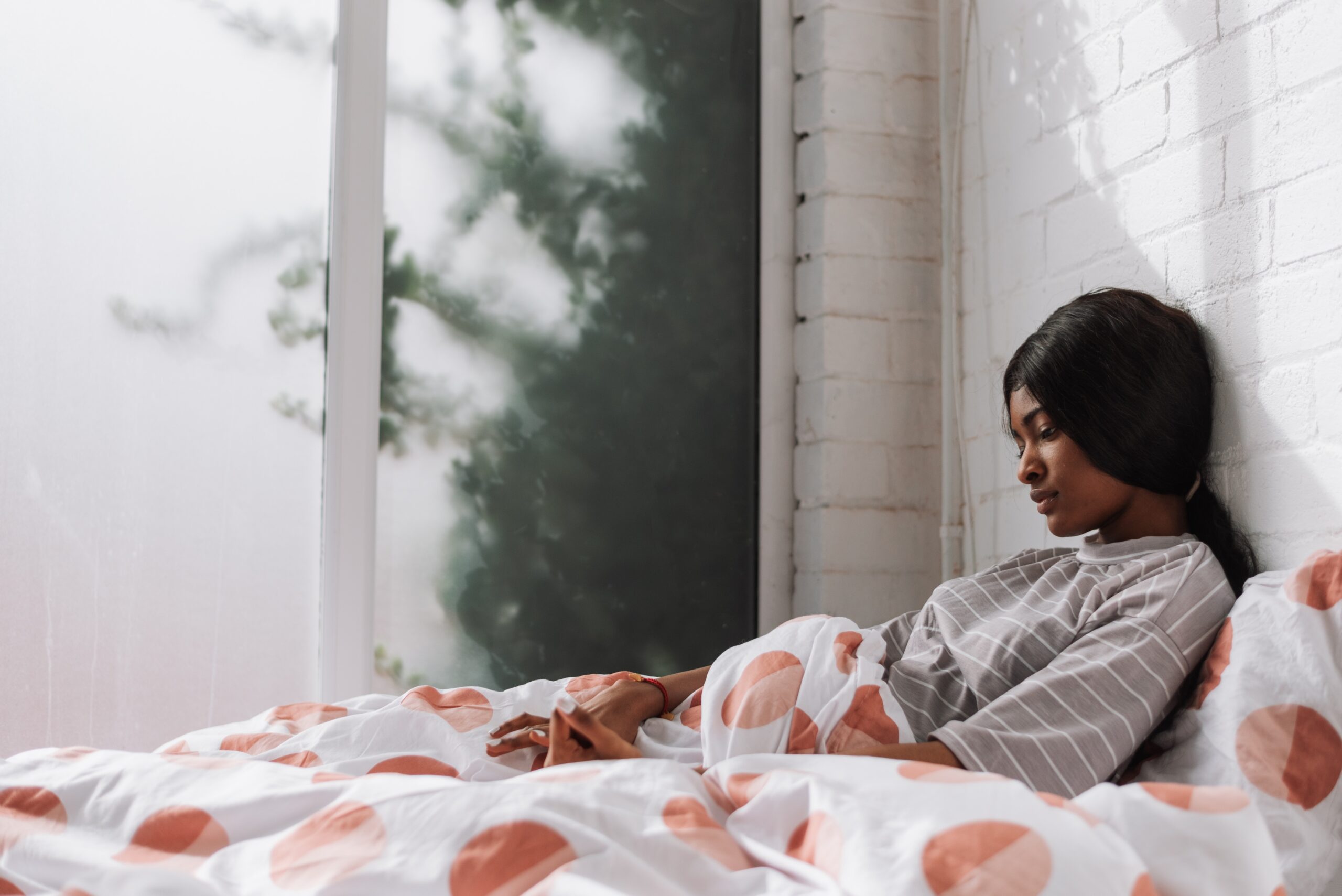What is depression?
Depression is characterized by persistent sadness and a loss of interest in activities you usually enjoy, accompanied by an inability to carry out daily activities for at least two weeks. Depression can affect anyone. It does not discriminate among age, sex, or social status. World Health Organization (WHO) has chosen to pay particular attention to three groups that are disproportionally affected: adolescents and young adults, women of childbearing age (particularly following childbirth), and older adults (over 60s). WHO has therefore decided to create awareness of depression. Depression was the fourth most significant contributor to the disease burden in 1990 and is expected to be the second largest after Ischaemic Heart Disease by 2020 (WHO, 2001).
Depression is a common mental disorder that affects people of all ages, from all walks of life, in all countries. The risk of becoming depressed is increased by poverty, unemployment, life events such as the death of a loved one or a relationship break-up, physical illness, and problems caused by alcohol and drug use.
- Depression causes mental anguish and can impact people’s ability to carry out even the simplest everyday tasks, sometimes devastating consequences for relationships with family and friends.
- Untreated depression can prevent people from working and participating in family and community life.
- At worst, depression can lead to suicide.
Some symptoms of depression
People with depression usually have several of the following symptoms:
- a loss of energy;
- a change in appetite;
- sleeping more or less;
- anxiety;
- reduced concentration;
- indecisiveness;
- restlessness;
- feelings of worthlessness, guilt, or hopelessness; and
- thoughts of self-harm or suicide.
What you can do if you think you are depressed
Depression can be effectively prevented and treated. Treatment usually involves either talking therapy, anti-depressant medication, or a combination. Talking with people you trust can be the first step toward recovery from depression. The following steps can help.
- Talk to someone you trust about your feelings. Most people feel better after talking to someone who cares about them.
- Seek professional help. Your local healthcare worker or doctor is an excellent place to start.
- Remember that with the right help, you can get better.
- Keep up with activities that you used to enjoy when you were well.
- Stay connected. Keep in contact with family and friends.
- Exercise regularly, even if it’s just a short walk.
- Stick to regular eating and sleeping habits.
- Accept that you might have depression and adjust your expectations. For example, you may not be able to accomplish as much as you usually do.
- Avoid or restrict alcohol intake and refrain from using illicit drugs; they can worsen depression.
- If you feel suicidal, contact someone for help immediately.
Quote
“Our intentional, effortful activities have a powerful effect on how happy we are, over and above the effects of our set points and the circumstances in which we find ourselves.”
– Sonja Lyubomirsky
Writer: Dr. Etepe Dugah

